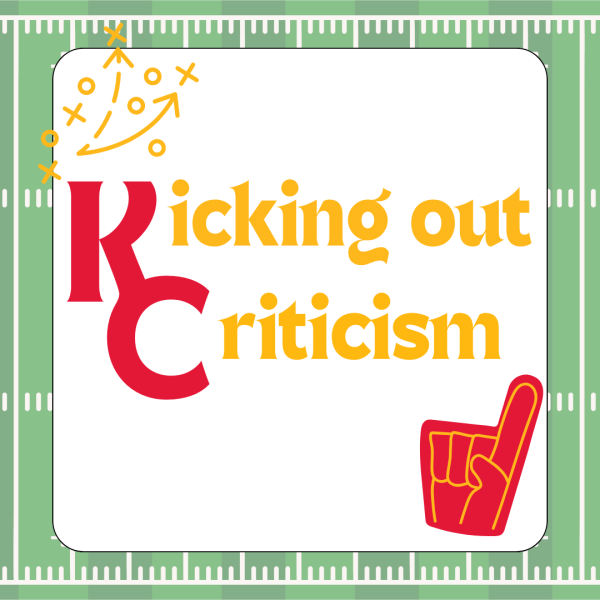Fast fashion violates human rights and causes severe environmental impacts
Fast fashion is a large-scale practice that has been gaining popularity in recent years. It is a strategy many retail giants have implemented to constantly cycle through the latest trends. Numerous clothing brands, such as Zara, Forever 21, H&M, and Urban Outfitters, have flourished in sales because they can replicate chic, luxury pieces by overlooking environmental consequences and outsourcing cheap labor from other countries, according to Vox.com.
Senior Hannah Young said fast fashion culture manipulates people into frequently restocking their wardrobes due to accessibility, affordability, and the desire to stay up-to-date on their fashion choices.
“In the mall, you find clothes in fast fashion stores that are adorable, but then a month later, they’re not trendy anymore so you throw them away,” Young said. “This is an everlasting cycle and it is so wasteful.”
The rapid growth of fast fashion can be primarily attributed to social media. Social media has expanded brands’ marketing outreach and strengthened their projected image, allowing millions of people to quickly skim through collections and make purchases in a couple of clicks. Countless advertisements for online stores appear every couple of seconds when using a social media app, enticing viewers to make a quick detour.
The impacts of the fast fashion industry on the environment are especially harmful. According to the UN Environment Programme, 10 percent of annual global carbon emissions are produced by the fashion industry. Large amounts of energy are consumed due to textile production and the transportation of goods. The process of dyeing and creating fabrics also consumes trillions of liters of freshwater and contributes to waste pollution.
Biology teacher Deborah Cash is the sponsor of the Environmental Club and said the limited use of sustainable alternatives and relaxed federal enforcement of environmental regulations allow for fast fashion to thrive.
“There are more pieces of clothing in the trash than you can ever imagine and they don’t break down in landfills,” Cash said. “Things that are biodegradable or recycled can be used again instead of completely starting from scratch, but that would make the cost go up and that is the hitch for everybody.“
The unethical nature of the fast fashion industry is evident by analyzing its foundation alone: the exploitation of foreign workers. According to Forbes.com, the laborers are forced to work long hours in grueling conditions and an overwhelming number of them are children.
Freshman Sunshine Pickering said the workers are facing injustice as they are barely able to survive off of their wages and are forced to sacrifice their time and health to meet demands.
“The clothes and accessories are being made at the disadvantage of other people,” Pickering said. “Children in third world countries are put into labor and are only being paid a few cents.”
Senior Chase Entwistle is a member of the Environmental Club and said significant reform will only occur with national guidelines and policies put into place, limiting the scale of outsourcing.
“I think American policies should dictate that we have to pay all workers minimum wage and not base it off of which country they are from,” Entwistle said.
However, individual action should also be taken to battle the repercussions of fast fashion and there are many ways to be more sustainable with clothing choices. Although powerful businesses and industries are almost entirely to blame, patronizing ethical fashion brands or small businesses to shop from is definitely a step in the right direction. Thrifting has become extremely popular recently and it is not only an affordable alternative but an easy way to reuse clothes and reduce your waste output.
“The most important thing you can do is shop consciously, so don’t buy into getting stuff for so cheap and buying a whole new wardrobe every six months,” Young said. “Think about what is going to last for a long time and something you can style in a bunch of different ways.”












